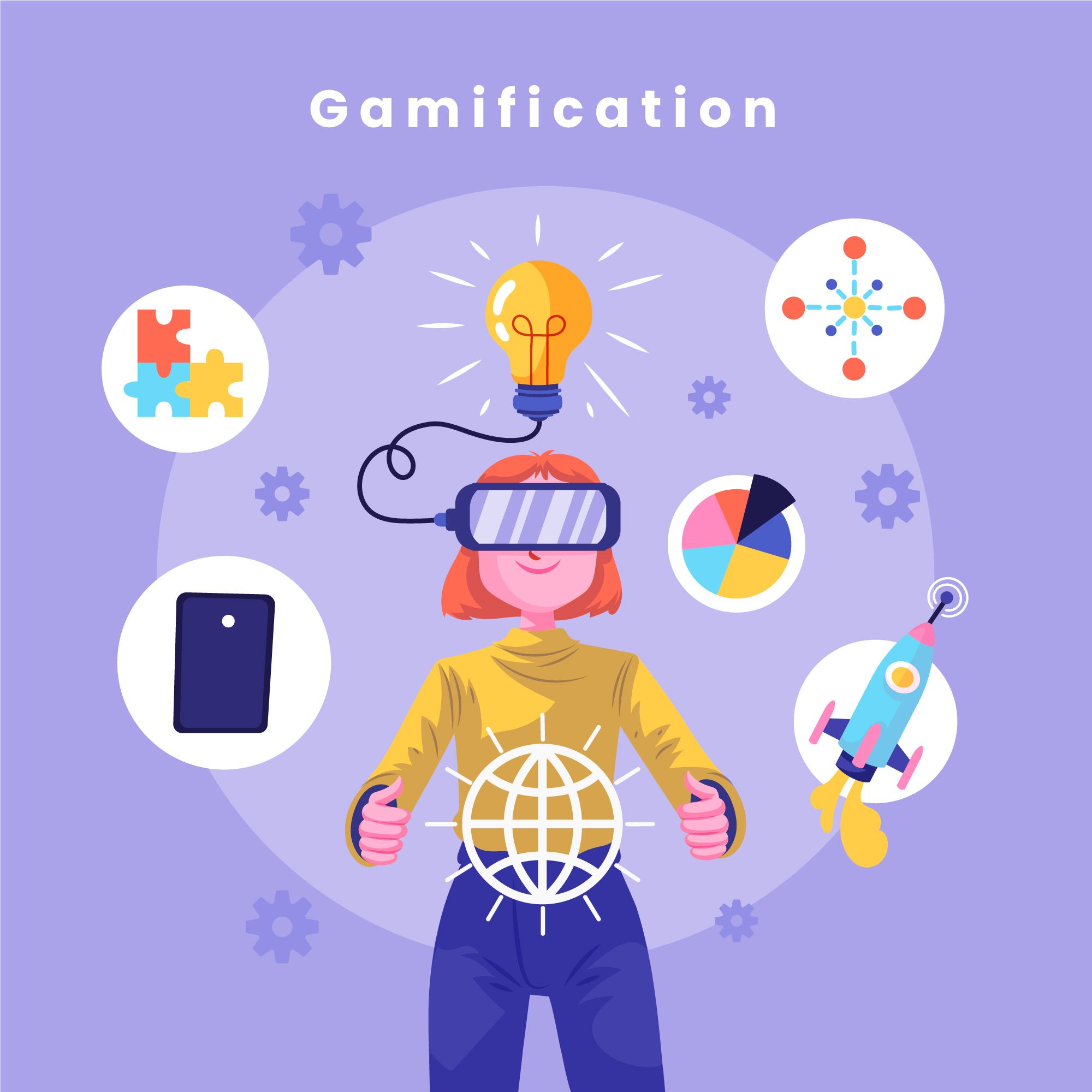Consuming Content Responsibly

With an overload of data on the Internet, it has become harder for consumers to gain credible, reliable and objective information. Leaderonomics’ own Prethiba Esvary and Louisa Devadason turned to Cameron Teoh for some insights based on her research into areas such as human-computer interaction and computer-mediated communications.
The question at large: How do we support the youth in becoming responsible consumers of content?
Who is internet literate?
Internet literacy can be considered the “street savviness” of the online world – understanding how to navigate or use the services and resources of the web, while maintaining an awareness of the risks and dangers.
Someone who is Internet literate has the knowledge to access information, use various web services such as forums, commercial sites, and social media. They are able to grasp the social and cultural contexts/norms of the various sites or services, such that they behave in an appropriate manner for the group in question.
Importantly, those who are Internet-literate are also keenly aware of the risks (such as scams, and loss of privacy or control of personal information) and are able to recognise and avert those risks – for example, they will be aware of the various levels of privacy settings on Facebook and use them to safeguard their personal information, and they also know that things they say online can have a negative impact on their offline life.
Internet literacy matters – but why?
It is of utmost importance that young people are taught to be Internet literate, due to the ease of which personal information can be disclosed to millions of strangers. Careless usage of social media sites such as Facebook and Instagram can lead to individuals disclosing even their addresses and real names, and sometimes even their real-time locations. Disclosing information too freely can also allow unscrupulous individuals to fake close social bonds by parroting these details back to the target.
Where is Malaysia now?
As far as I am aware – there is no formal education in Malaysian schools addressing Internet literacy. The young in Malaysia can be considered “digital natives” in that they grew up around and using technology from a very young age. However, as is the case all around the world, they are much better at the “access and understanding services” aspect of literacy, but less so about the “awareness of risks” aspect of literacy.
Support and aid: fostering Internet literacy in Malaysian youths
Guidance can be given by parents and other caretakers on the access of information and services, etiquette of using the Internet and social network sites, and awareness can be given on the various risks and how to avert these risks. News reports can be shown to the individual or group regarding cases of scams or misuse of personal information.
One major barrier to developing risk awareness is the same regardless of age or topic – many people believe themselves to be invincible to the risks or are overconfident about their abilities to handle the risks, which is why so many still talk or text while driving.

Parents can monitor their young children’s use, either by physically limiting access, or by using software/applications to allow access to only certain sites. However, this should be coupled with discussions (not scolding) on what resources are available and how to find them, and what the risks of various behaviours or services are and how to avert them.
For example, they should never use a real name or other personal details unless they are confident that the privacy settings on the site are very tight, and they are also confident that only trusted individuals have access to that information.
Risks: proceed with caution
It would be a mistake to assume that anyone is invulnerable to risk. However, younger people tend to be more trusting and freer with their personal information. Those who are lonely and isolated, regardless of age or whether it is an online or offline context, are more susceptible to undue influence or scams. This is, in part, due to predators seeking these types of targets and befriending them.
Liked this article? Share your thoughts with us at editor@leaderonomics.com.
Functional
This article is published by the editors of Leaderonomics.com with the consent of the guest author.






